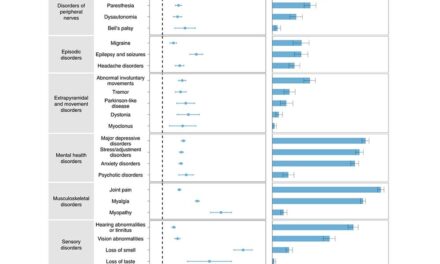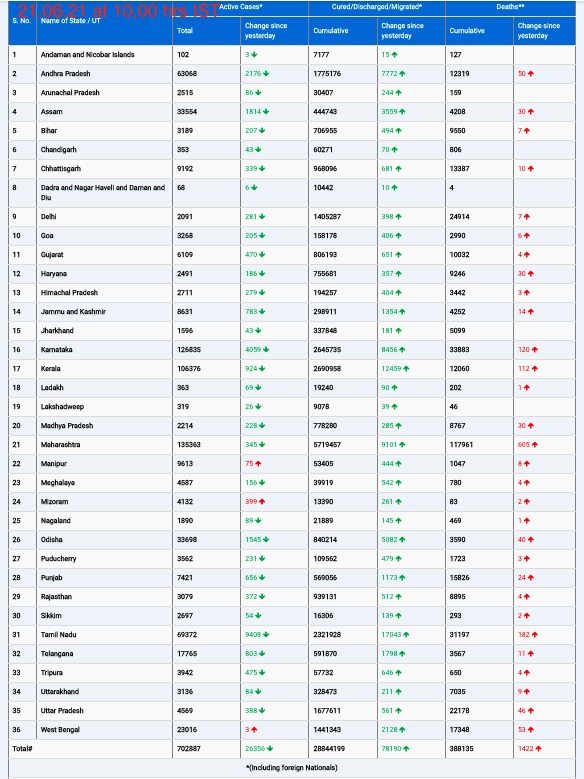Departmental news Geneva
Tobacco use causes 8 million deaths every year from health consequences such as cardiovascular diseases, lung disorders, cancers, diabetes, and many other debilitating diseases. Quitting can be challenging, especially with the added social and economic stress caused by the COVID-19 pandemic. Of the 1.3 billion tobacco users globally, as many as 60% have expressed the desire to quit – however only 30% have access to the tools to help them to do so successfully.
Safe and effective medical treatments to help individuals quit tobacco are available, however they are not always sufficiently available or accessible.
Every two years, the World Health Organization (WHO) publishes its Model List of Essential Medicines (EML), a collection of medicines considered essential by WHO experts. The purpose of the list is to guide national authorities on the type of medicines that should be available in the country.
On 1 October 2021, the WHO announced the updated the Model List. Prior to this update, only nicotine replacement therapy was listed as an essential medicine for people who wish to stop using tobacco. Nicotine replacement therapy works by supplying nicotine in an alternative form, such as chewing gum or patches for a limited period, which helps reduce the nicotine withdrawal symptoms.
After the update, two new medicines have now been added, indicating a powerful shift in the fight against the tobacco epidemic. Bupropion and varenicline are medicines which work in a different way from nicotine replacement. The new medicines reduce cravings for nicotine without supplying a nicotine substitute, thereby supporting people in quitting tobacco use and reducing nicotine dependence.
Bupropion and varenicline have both proven to be safe and effective ways of quitting tobacco for users who are unable to quit using behavioural counselling or brief advice alone. The addition of these new medicines to the EML is a signal to national authorities, public health professionals, doctors and citizens that additional options are now available to help individuals who wish to quit.
Individuals wishing to quit tobacco use should get the brief advice from primary healthcare provider first, and if they are unable to quit look for additional options available to them, which may also include behavioural interventions through quit lines, mobile health applications, and chat bots. Additionally, the availability of nicotine replacement therapy, bupropion and varenicline further strengthens support for tobacco users to quit.
Together with the tobacco user, the health professional can help select the best therapy and options for supporting user in quitting tobacco.
To learn more about the Commit to Quit campaign and available resources, check out our Quitting Toolkit here.











